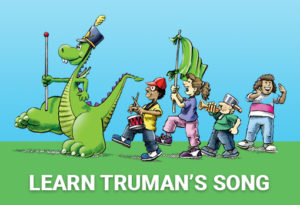Conservation Corner – January 2020
Buying in bulk is one way to save money and protect the environment. Bulk items that can be stored without expiring reduce the need to travel to and from the store frequently, saving time and gas. In addition, bulk items typically feature less packaging than smaller-sized products and o en cost less per unit. Perishables are not something that should be purchased in bulk unless the items will definitely be used prior to their expiration dates. But cooking oil, toothbrushes, cereal, toilet paper, canned goods, pet food, cleaning supplies and printer paper are just a few of the many items that can be bought in bulk and stored for future use. Just be sure to store these items where they can be easily accessed or you may forget you have them and go to the store to buy more.





